
I teach you how to coach in professional football academies I Coached at 3 PL Academies @arsenal @spursofficial @FulhamFC and over 500+ PL Academy Players
How to get URL link on X (Twitter) App

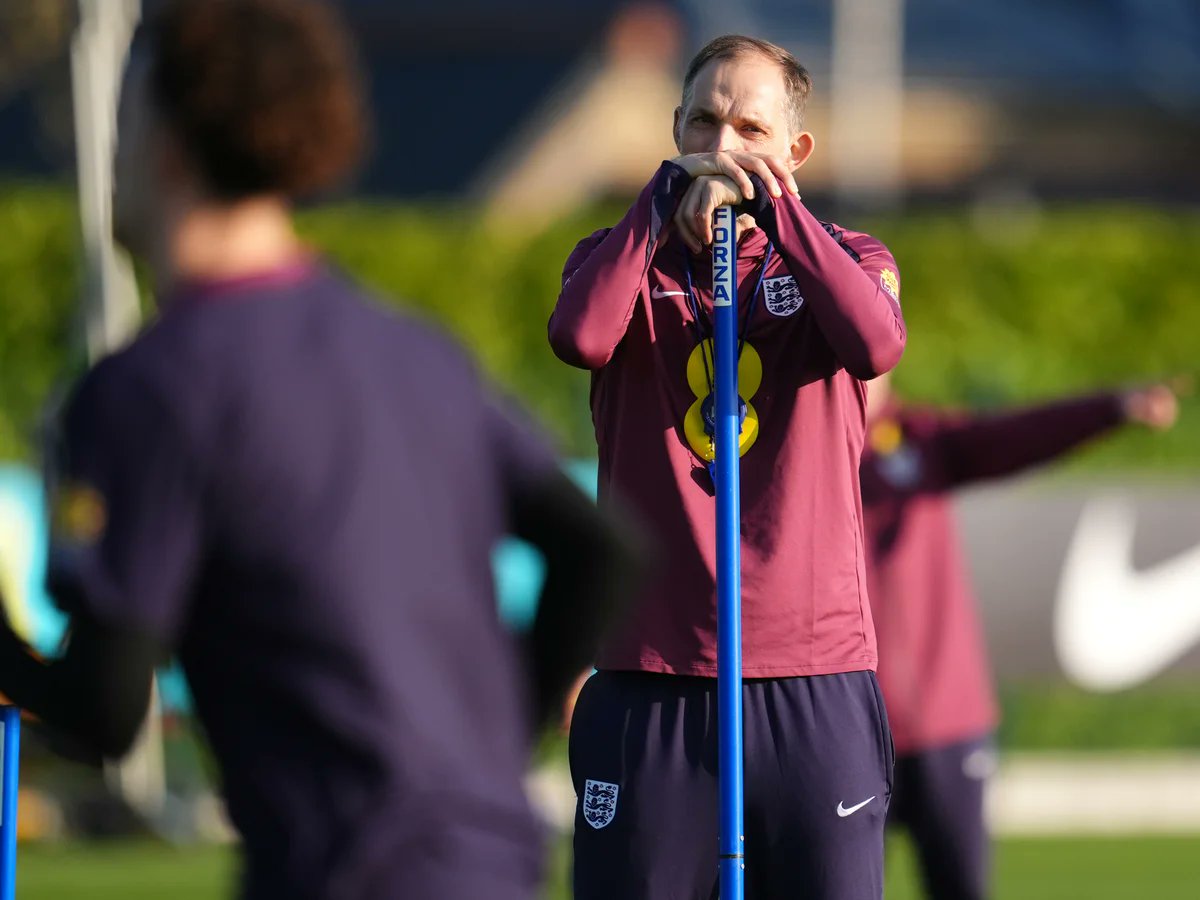
 1. Plan with the end in mind
1. Plan with the end in mind
 Before we start.
Before we start.

 1. Length for wide play
1. Length for wide play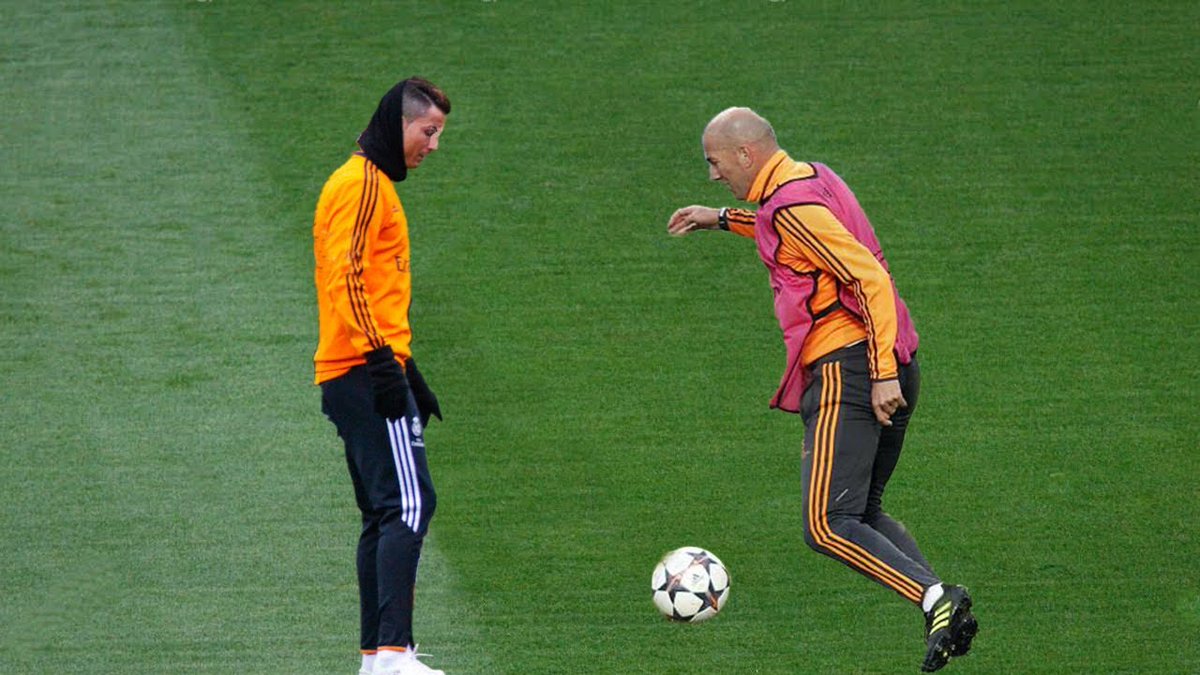
 1. Clarity
1. Clarity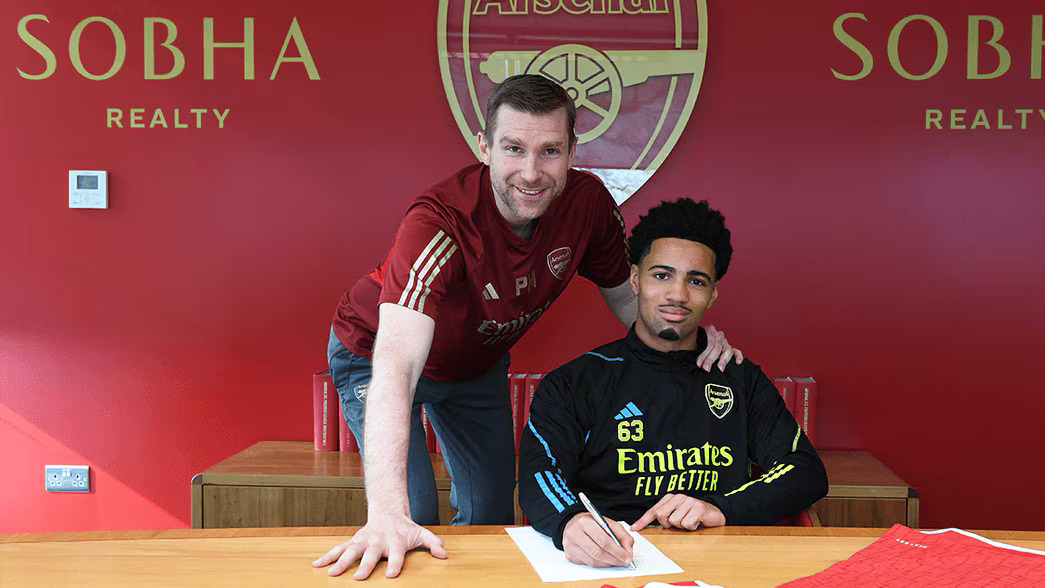
 I’ve learnt from Academy Directors who have won a World Cup and developed £100 million Superstars.
I’ve learnt from Academy Directors who have won a World Cup and developed £100 million Superstars.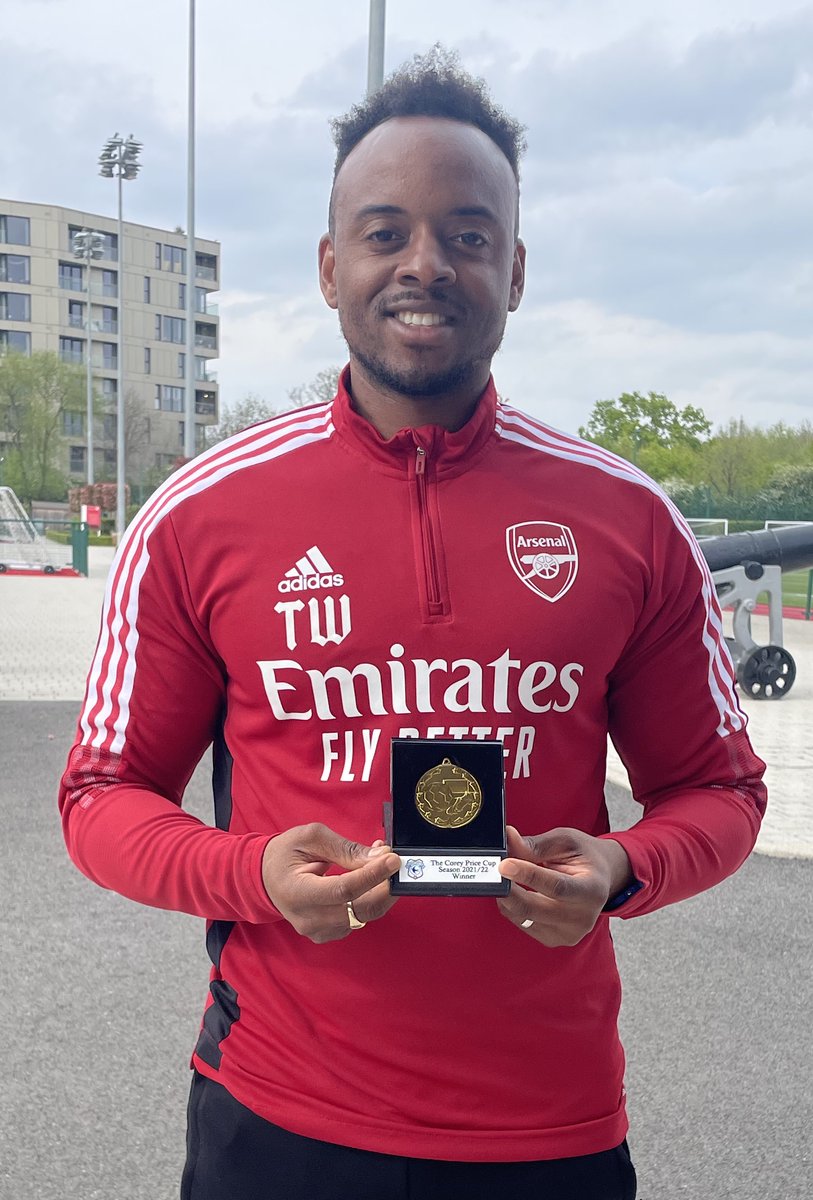
 1. 1 hour radius mapping
1. 1 hour radius mapping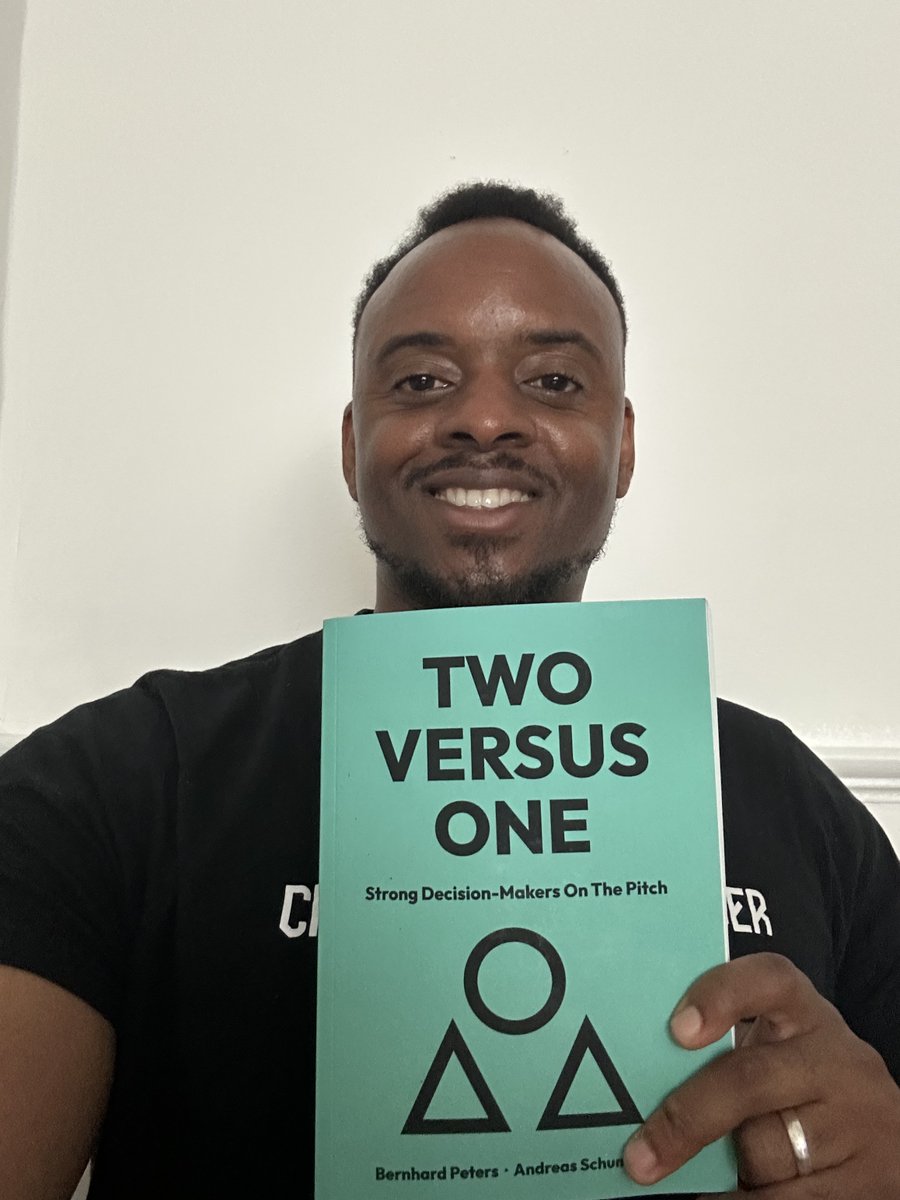
 With reviews from:
With reviews from: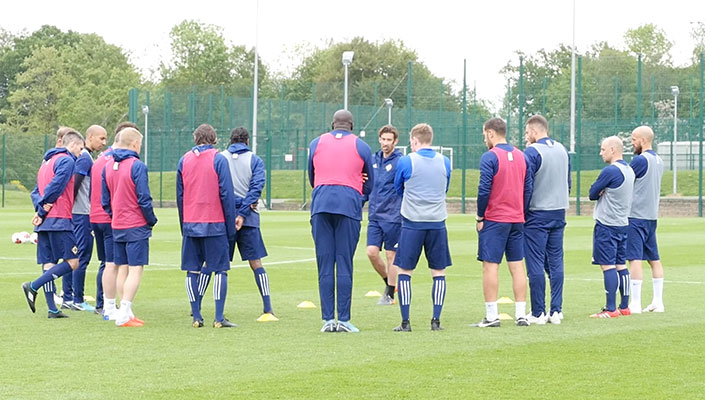
 1. Principles of Play
1. Principles of Play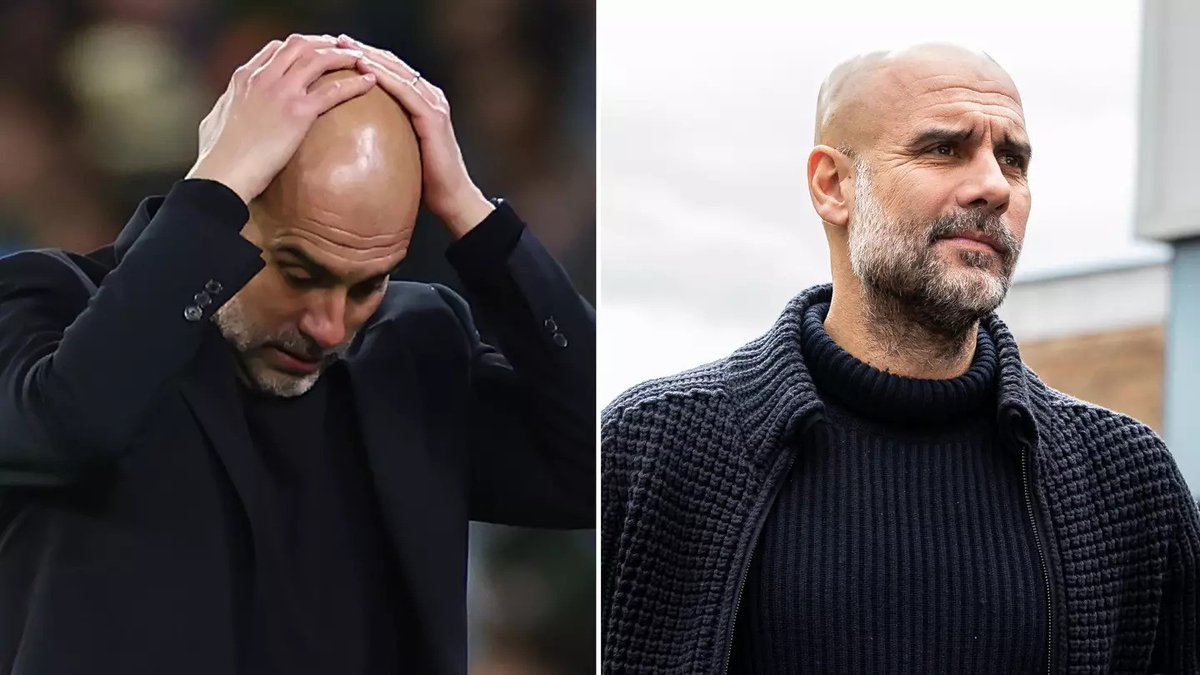
 1. Doing your session on 1/4 of a pitch because space is tight (again).
1. Doing your session on 1/4 of a pitch because space is tight (again).
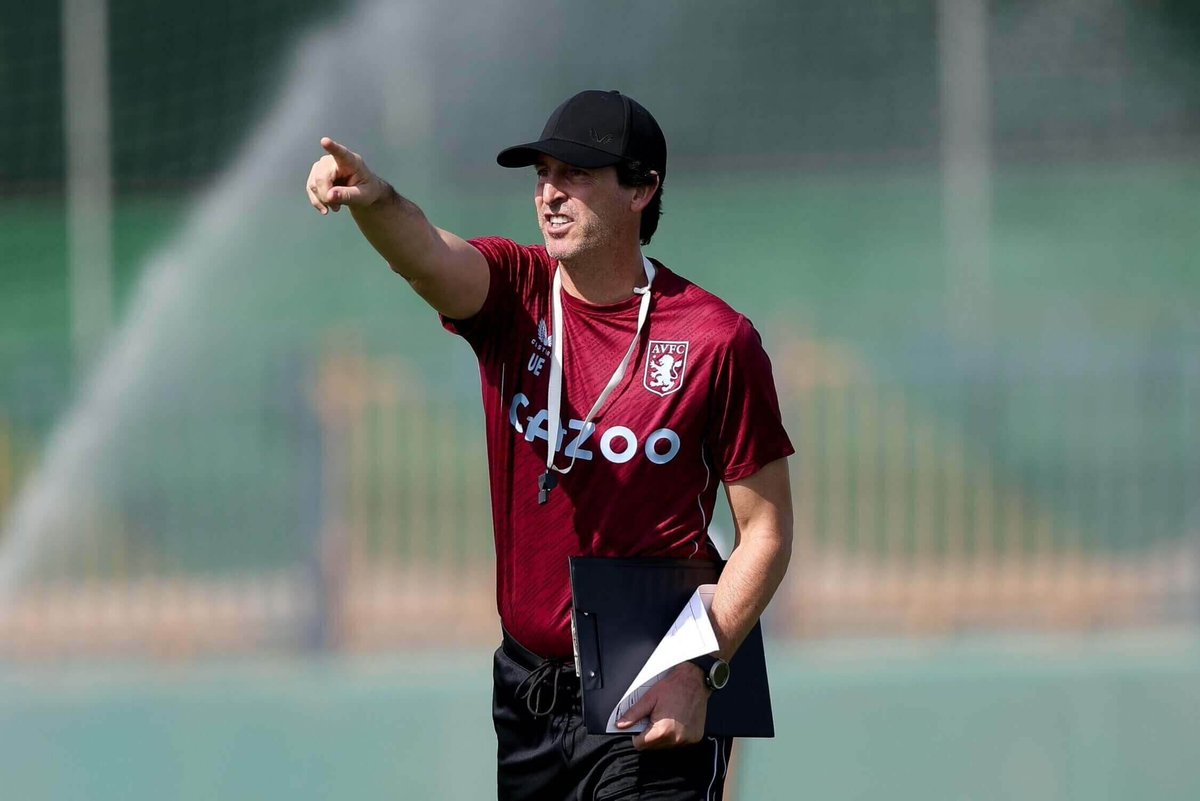
 1. Mini-goals
1. Mini-goals
 1. Find a mentor
1. Find a mentor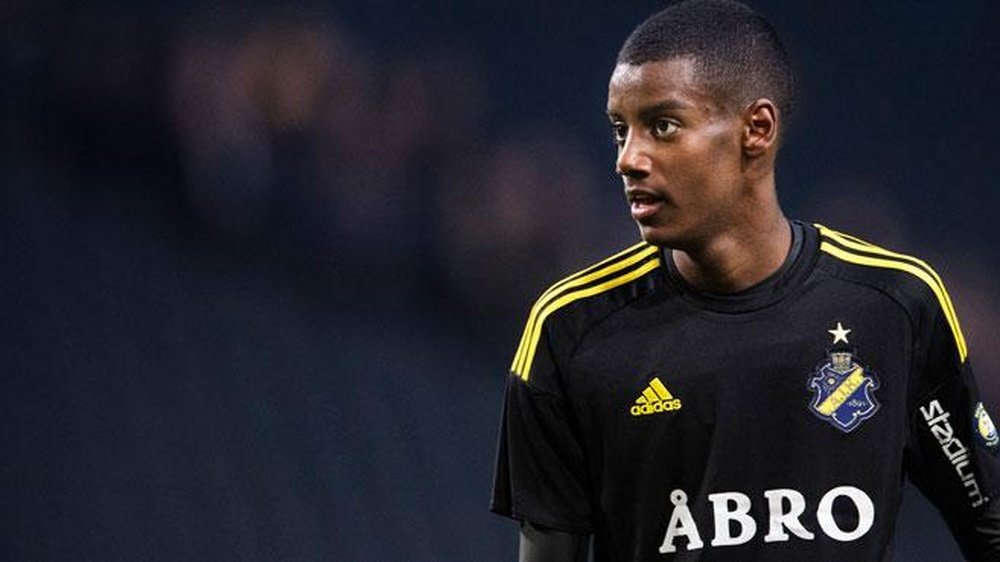
 1. Delay selection
1. Delay selection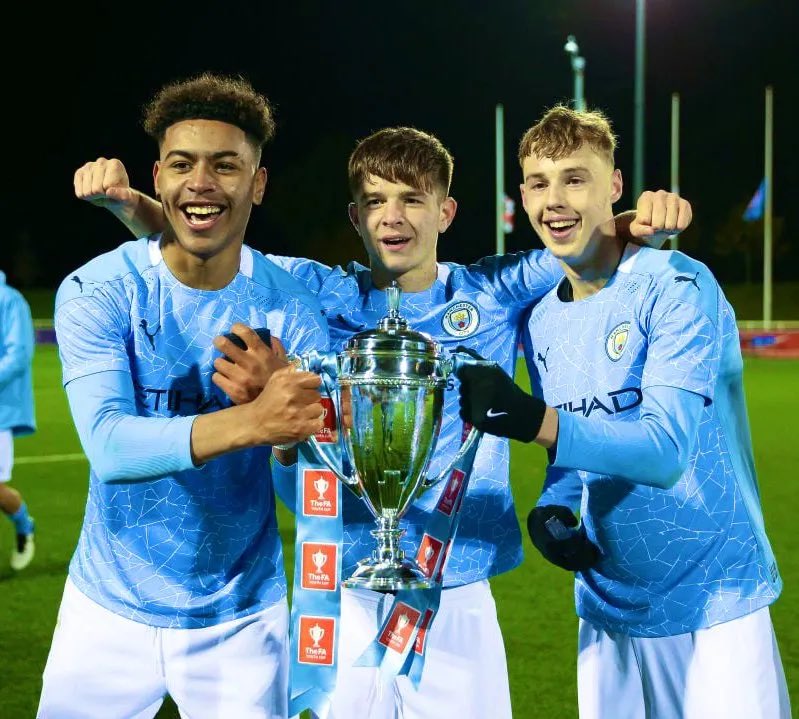
 At 15, he was considered the breakout star.
At 15, he was considered the breakout star.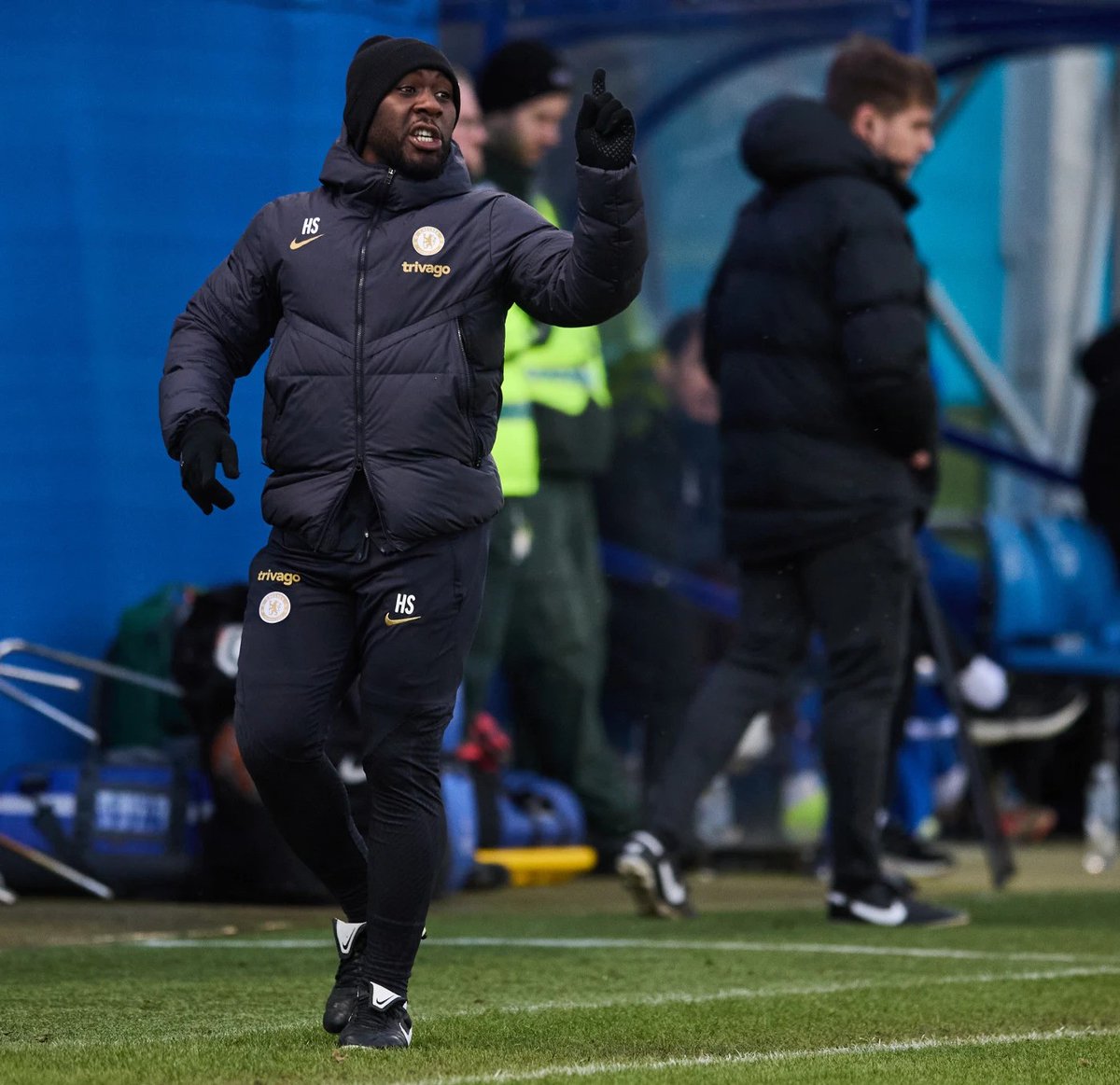
 1. Take notes
1. Take notes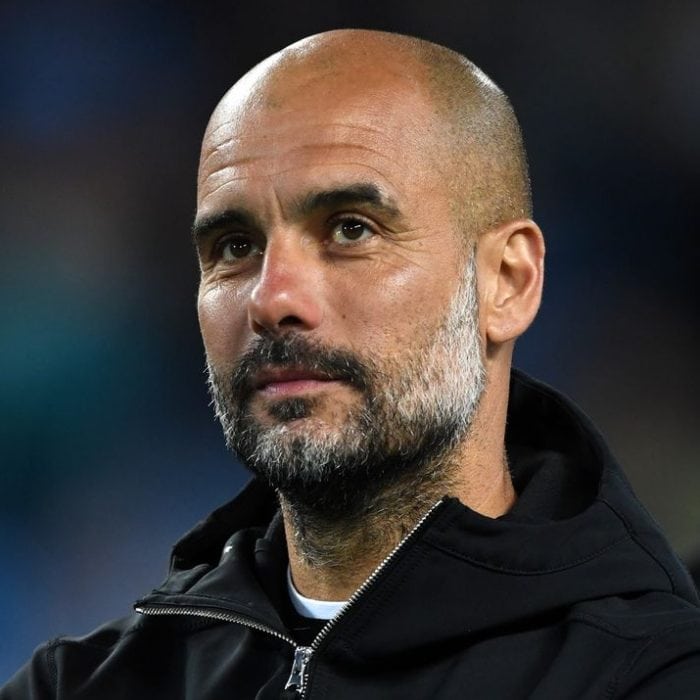
 1. Furthest player from the ball
1. Furthest player from the ball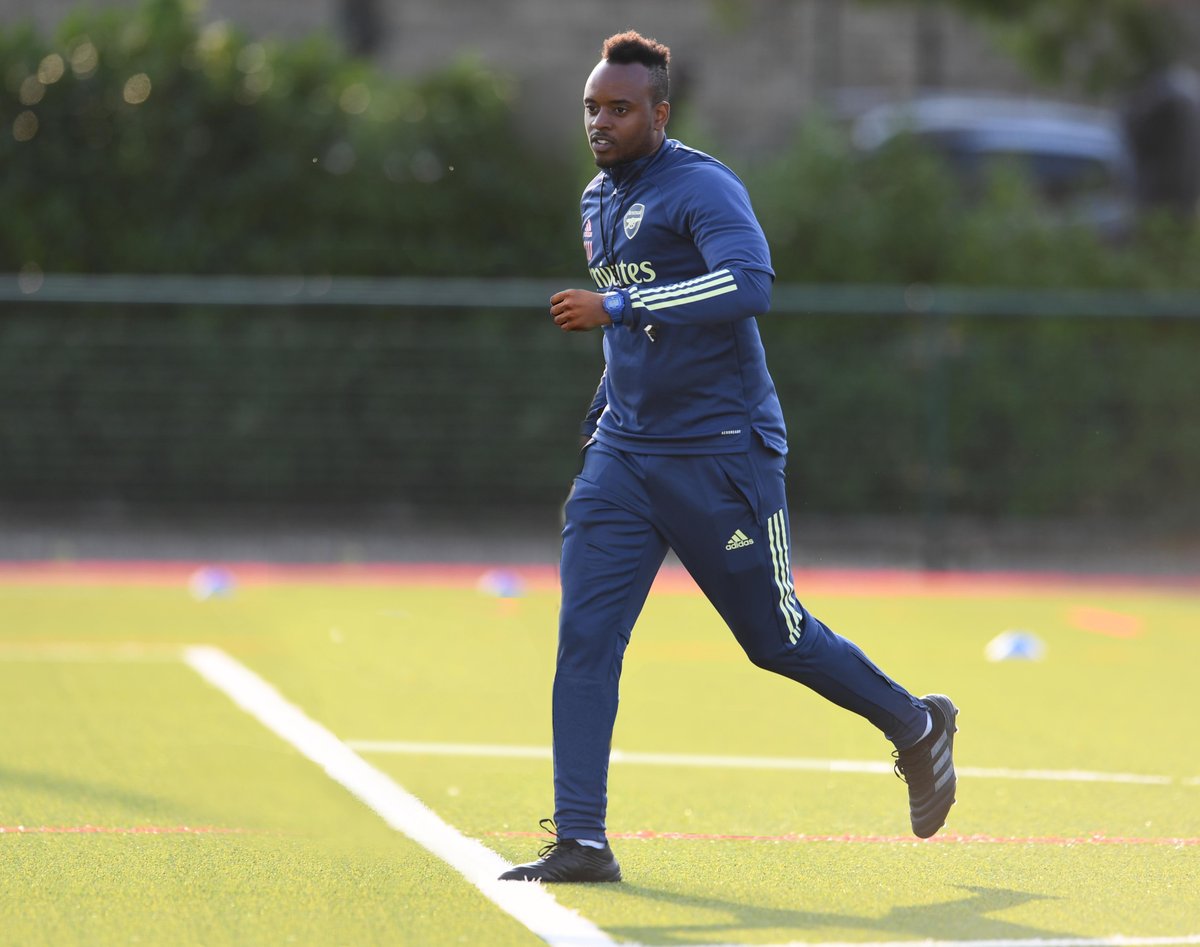
 1. Plan with the end in mind How does each practice lead into the next?
1. Plan with the end in mind How does each practice lead into the next? 
 1. Not enough pitches, referees, or coaches
1. Not enough pitches, referees, or coaches
 Firstly this is huge news for grassroots youth football in England! From the 2026-27 season, "FutureFit" will transform the game for young players.
Firstly this is huge news for grassroots youth football in England! From the 2026-27 season, "FutureFit" will transform the game for young players. 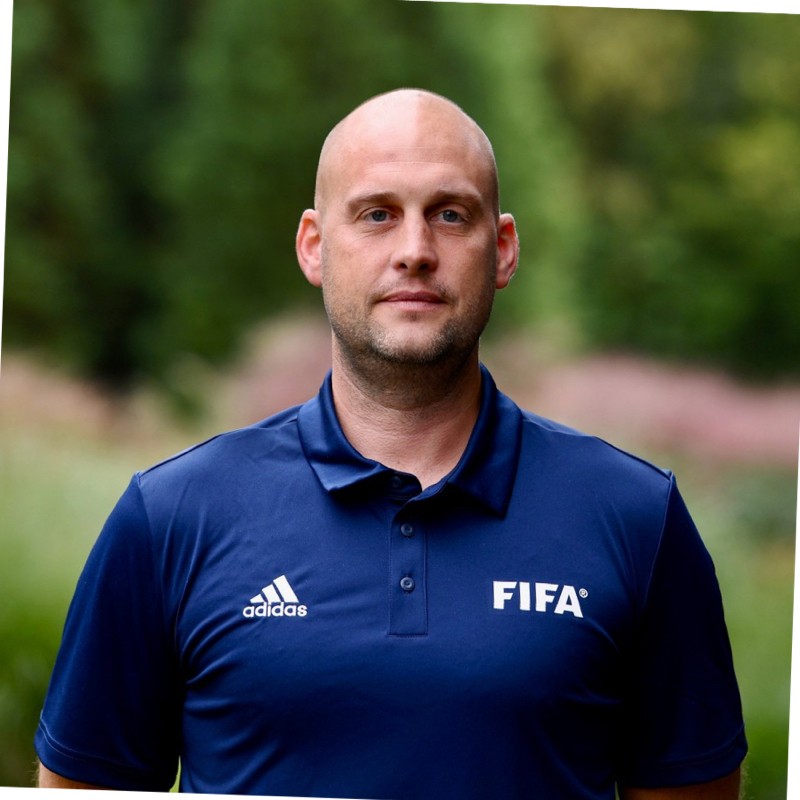
 1. Talent alone isn’t enough
1. Talent alone isn’t enough
 1. Plan with the end in mind
1. Plan with the end in mind